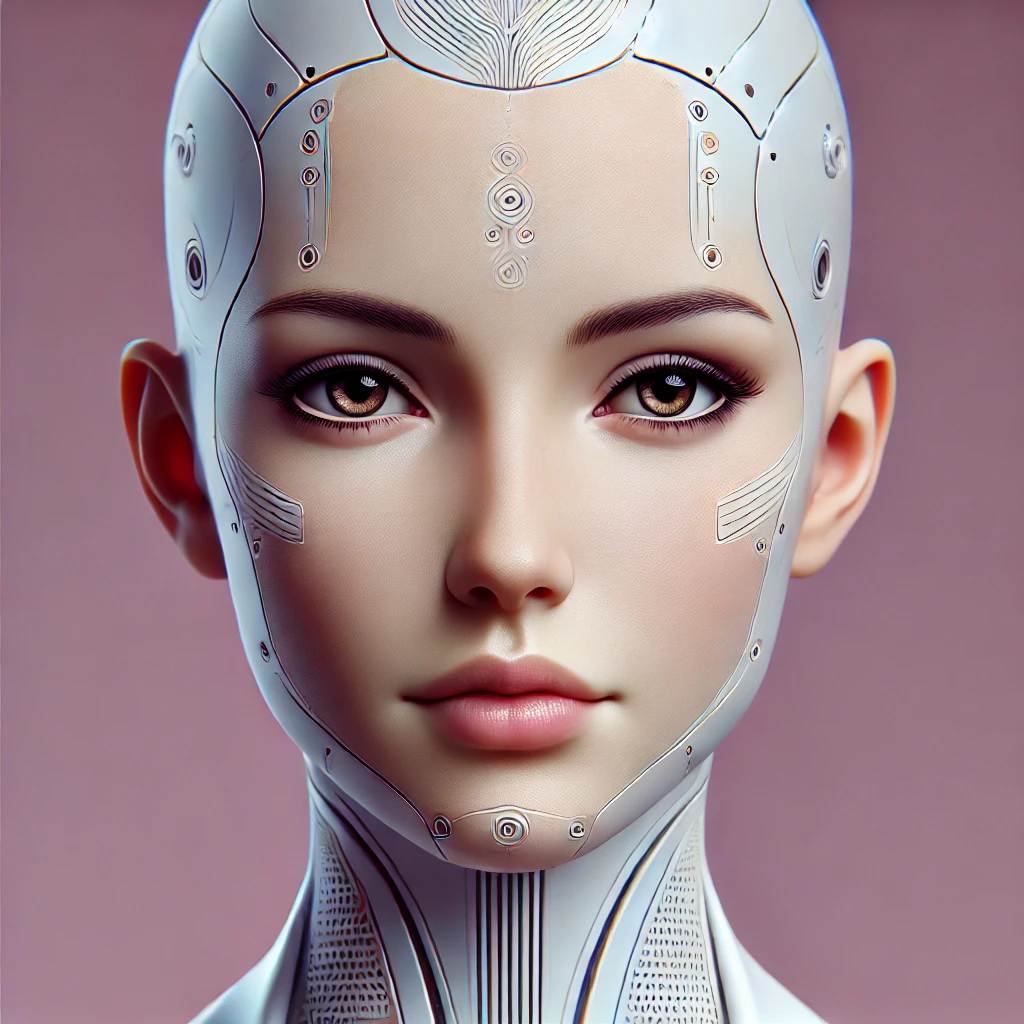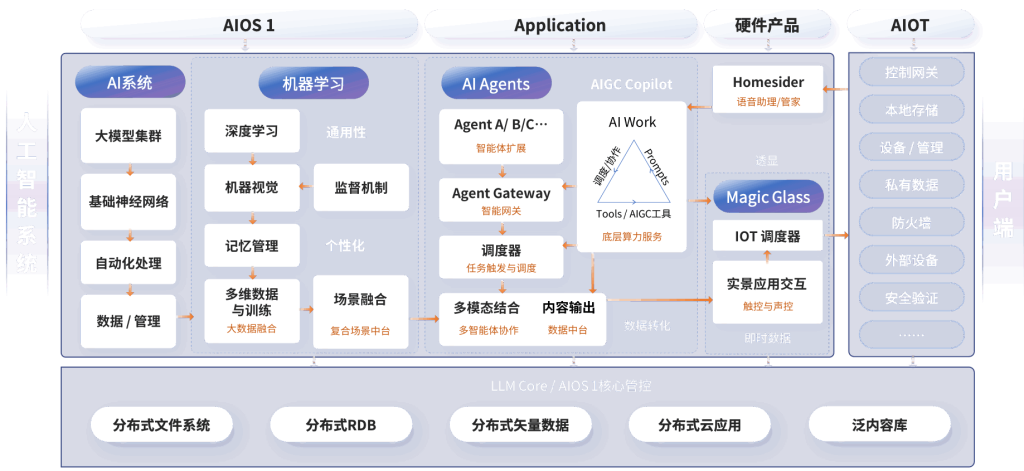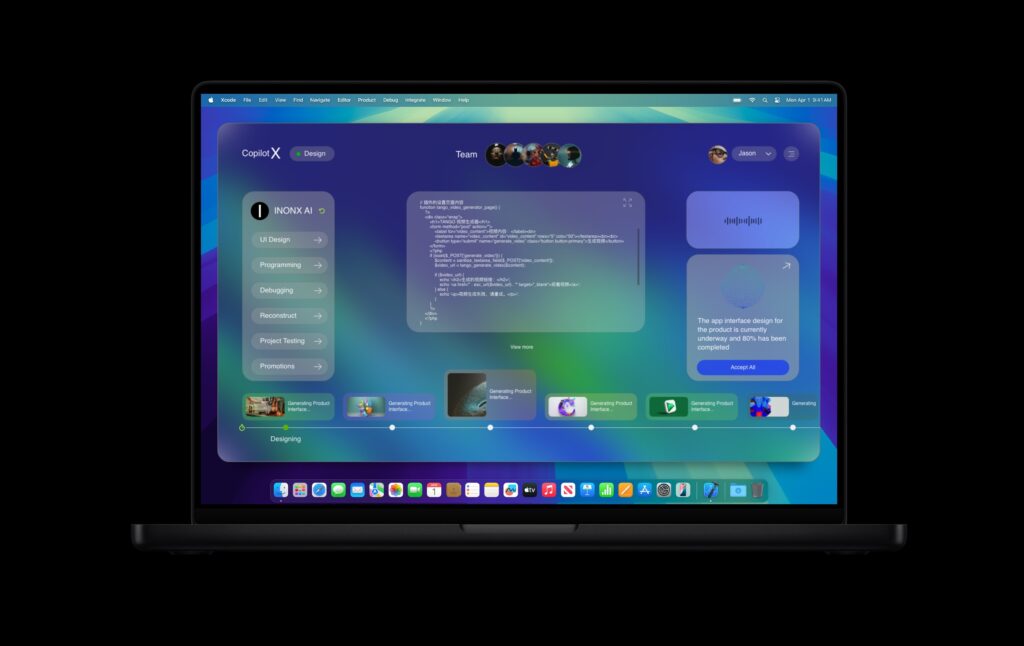In recent years, the landscape of work has been dramatically reshaped by the advent of artificial intelligence (AI) technologies. From AI automations and agents to multimodal AI agents, these innovations are redefining workflows and enhancing productivity across various sectors. This article delves into key concepts such as agentic workflows, full work automation, and the emergence of AI voice assistants, while exploring their implications for industries and future developments.
AI automations refer to the use of AI technologies to perform tasks that traditionally required human intervention. These automations can range from simple repetitive tasks to complex decision-making processes. One of the most significant advancements in this area is the development of AI agents—intelligent systems capable of autonomously executing tasks based on predefined rules or learned behaviors. These agents can operate independently or collaborate with humans to enhance efficiency and accuracy.
Agentic workflows represent a paradigm shift in how work is organized. By integrating AI agents into workflows, organizations can streamline processes, reduce bottlenecks, and improve overall productivity. For instance, in industries such as finance and healthcare, agentic workflows can automate routine tasks like data entry, enabling human workers to focus on higher-value activities.
Full work automation takes this concept a step further by leveraging AI to manage entire workflows without human intervention. This level of automation can significantly reduce operational costs and improve speed. Companies are increasingly adopting full work automation in areas like manufacturing, logistics, and customer service, where AI systems can handle everything from inventory management to responding to customer inquiries.
One notable platform driving this transformation is the Auto-Works platform, which provides businesses with tools to implement AI-driven automation solutions. This platform allows organizations to create customized workflows that integrate various AI technologies, enabling seamless collaboration between human workers and AI agents. The Auto-Works platform exemplifies how businesses can harness the power of AI to optimize their operations.
AI voice assistants are another critical component of this technological evolution. These AI-driven tools can understand and respond to voice commands, making them invaluable in various applications. From virtual customer service agents to personal assistants that help manage schedules, AI voice assistants are enhancing user experiences and streamlining interactions. The integration of voice analysis toolkits further enhances these assistants by enabling them to assess tone, sentiment, and context, leading to more personalized and effective communication.
AI Operating Systems (AIOS) are also emerging as a vital infrastructure for managing AI applications and workflows. An AIOS serves as a centralized platform that integrates various AI tools and services, allowing organizations to deploy and manage AI solutions more efficiently. By providing a cohesive environment for AI applications, AIOS can facilitate the development of agentic workflows and full work automation.
The rise of AI large models has been instrumental in advancing the capabilities of AI agents. These models, trained on vast datasets, can perform complex tasks such as natural language processing, image recognition, and even decision-making. As these models continue to evolve, we can expect AI agents to become increasingly sophisticated, capable of handling more intricate tasks and providing deeper insights.
Multimodal AI agents represent the next frontier in AI development. Unlike traditional AI systems that operate within a single modality (e.g., text or image), multimodal AI agents can process and understand information across multiple forms, such as text, audio, and video. This capability opens up new possibilities for applications in fields like education, entertainment, and healthcare. For instance, a multimodal AI agent could analyze a video lecture, extract key points, and generate a summary while also providing voice feedback to enhance the learning experience.
The value of these AI technologies is evident across various industries. In healthcare, AI automations can streamline patient data management, enabling healthcare professionals to focus on patient care. Automated document processing tools can quickly analyze medical records, while AI voice assistants can assist in scheduling appointments and providing patient information. These innovations not only improve efficiency but also enhance the quality of care provided to patients.
In the finance sector, AI agents are revolutionizing risk assessment and fraud detection. Automated content editing tools can analyze financial documents for compliance, while AI voice assistants can handle customer inquiries, providing quick and accurate responses. The integration of AI technologies in finance not only reduces operational costs but also enhances decision-making capabilities.
Retail is another industry experiencing significant transformation due to AI. Full work automation can optimize inventory management, while AI voice assistants can enhance customer service by providing real-time assistance. Additionally, voice analysis toolkits can help retailers understand customer sentiment, allowing for more personalized marketing strategies.
As AI technologies continue to evolve, we can expect several key trends to shape the future of work. First, the integration of AI into everyday workflows will become increasingly seamless, allowing organizations to leverage AI without significant disruptions to existing processes. Second, the demand for skilled professionals who can work alongside AI agents will grow, necessitating a shift in workforce training and development. Finally, ethical considerations surrounding AI deployment will become paramount, as organizations must navigate issues related to privacy, bias, and accountability.
In conclusion, the rise of AI automations, agents, and agentic workflows is transforming industries by enhancing efficiency, improving decision-making, and enabling new applications. The development of platforms like Auto-Works, advancements in AI voice assistants, and the emergence of multimodal AI agents are just a few examples of how these technologies are reshaping the future of work. As we look ahead, the continued evolution of AI will undoubtedly bring forth new opportunities and challenges, necessitating a proactive approach to harnessing its potential while addressing ethical considerations. The future of work is here, and it is powered by AI.


























